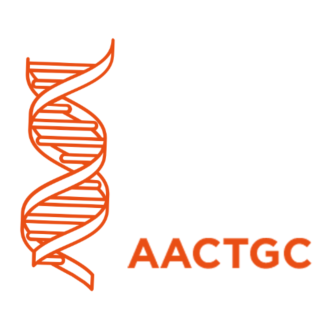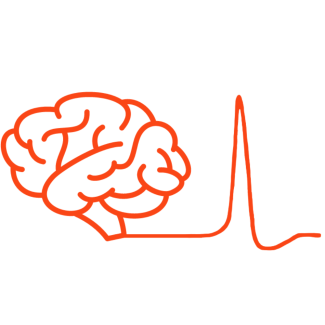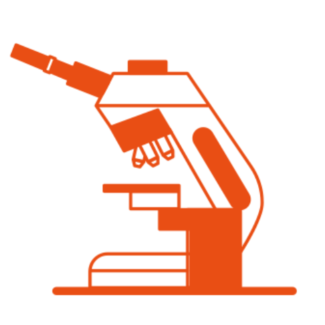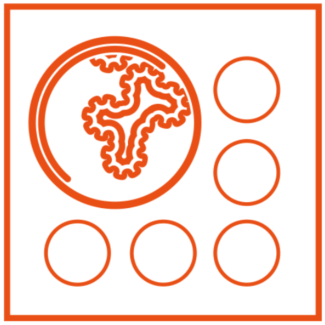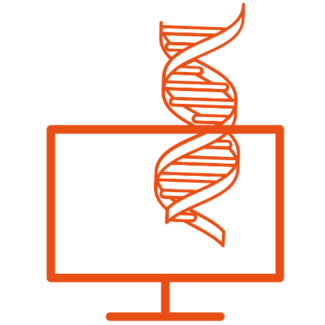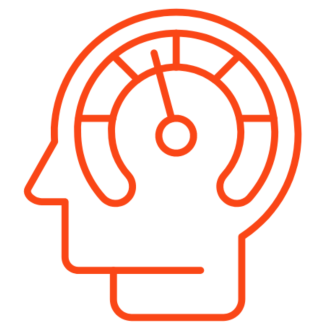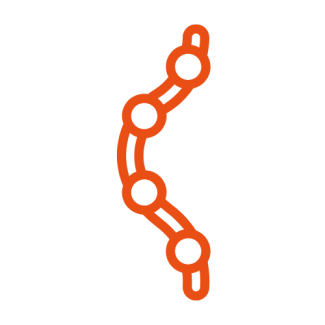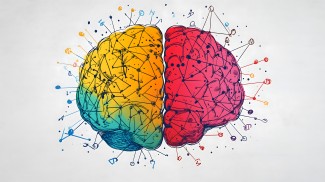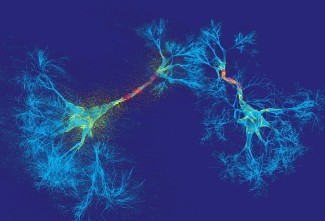The technological platforms of Paris Brain Institute are specialized units that put their equipment and skills at the service of academic and private research teams.
Introduction
The human brain is a complex and unique organ. Understanding how it works and the pathologies associated with it requires acquiring data at every level of organization (molecular, cellular, neuronal...) and at every moment. Paris Brain Institute provides its research teams with the instrumental and organizational means to achieve their goals.
Since its inception, Paris Brain Institute has been structured around the pooling of high-level technological and human resources necessary for the development of research by creating dedicated technological platforms.
Beyond the provision of innovative equipment, the main mission of the technological platforms of Paris Brain Institute is the pooling of skills and the provision of services and expertise for the entire scientific community: research teams of Paris Brain Institute, external academic teams, incubated companies, external companies, etc.
How are the platforms organised?
Each platform is thus led by an operational manager and a scientific manager. The scientific leader is an expert in the field of the platform and is responsible for forward and strategic thinking. The operational manager is responsible for the actual operation of the platform, its operational staff, the reliability of services and customer satisfaction. It is also responsible for interaction with the administrative services of the Institute.
Paris Brain Institute platforms offer two types of services:
- Equipment, with the training of users in the use of equipment or in the implementation of different techniques.
- Service delivery, from design to outcome analysis.

CENIR
Centre for Research in Neuroimaging in vivo: 3T MRI, PET-MRI, TMS, MEG-EEG, physiology and motion analysis
CENIR

RnD Unit F.P.Journe Charity Fund
Provided unique research equipment and tools for scientific teams, other institute platforms and startups incubated at the institute
RnD Unit F.P.Journe Charity Fund

DNA & Cell Bank
Management of biological samples and related data (DNA, blood, cells, brain tissue...)

